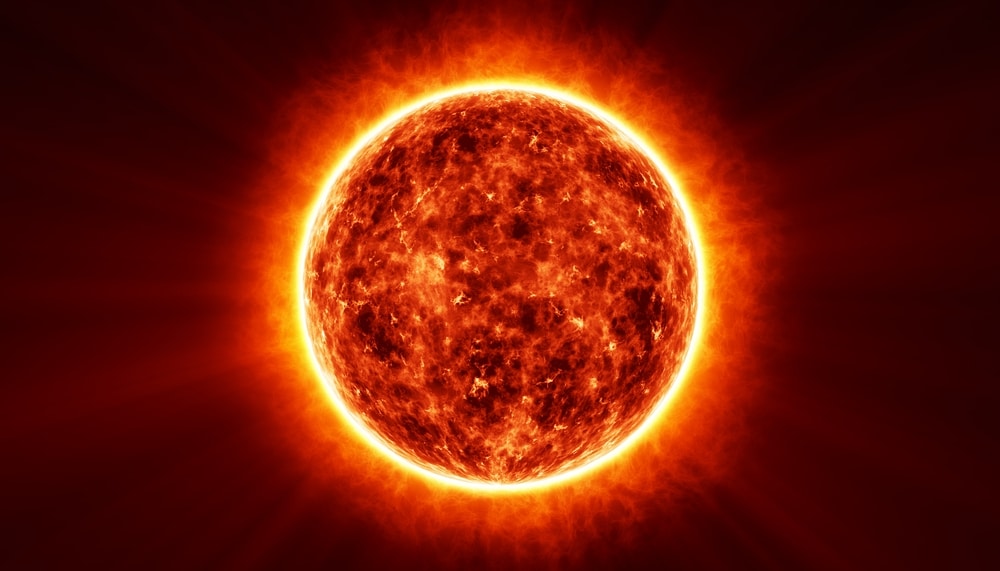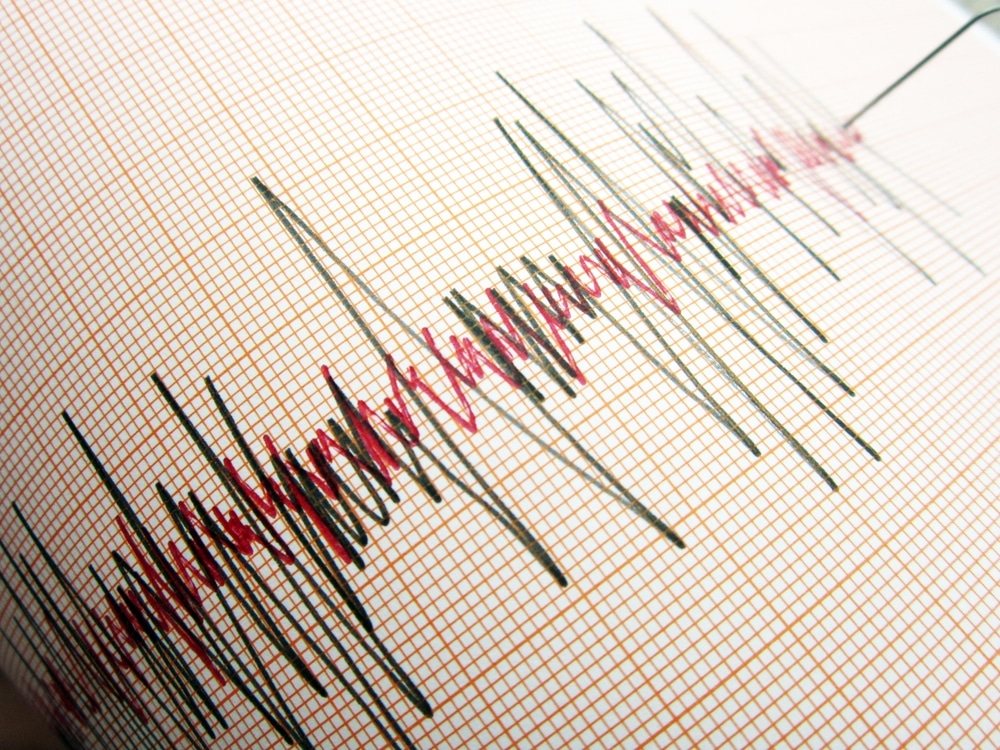(OPINION) The shortest day on record has been broken by the planet Earth. On June 29, 2022, the planet completed its entire rotation in just 1.59 milliseconds, or slightly more than one-thousandth of a second, less time than it typically takes for a 24-hour rotation.
Recently, the Earth has been moving quicker. Since the 1960s, 2020 marked the shortest month on record for the planet. On July 19 of that year, 1.47 milliseconds shorter than a typical 24-hour day, scientists recorded the shortest day so far. Earth’s spin is slowing over considerably longer time scales.
The Earth takes a few milliseconds longer to accomplish one spin per century. Although the exact causes are unknown, experts hypothesize that they may be related to processes in the core’s inner or outer layers, oceans, tides, or even variations in the climate. In order to maintain the rate at which Earth orbits the Sun compatible with the measurements from atomic clocks, the adoption of the ‘negative leap’ second may be necessary if the Earth’s rotation rate continues to increase.
The clock advances from 23:59:59 to 23:59:60 before reset to 00:00:00 during the negative leap second, and this time jump can cause programs to crash or damage data because of the timestamps on the data storage. READ MORE

















